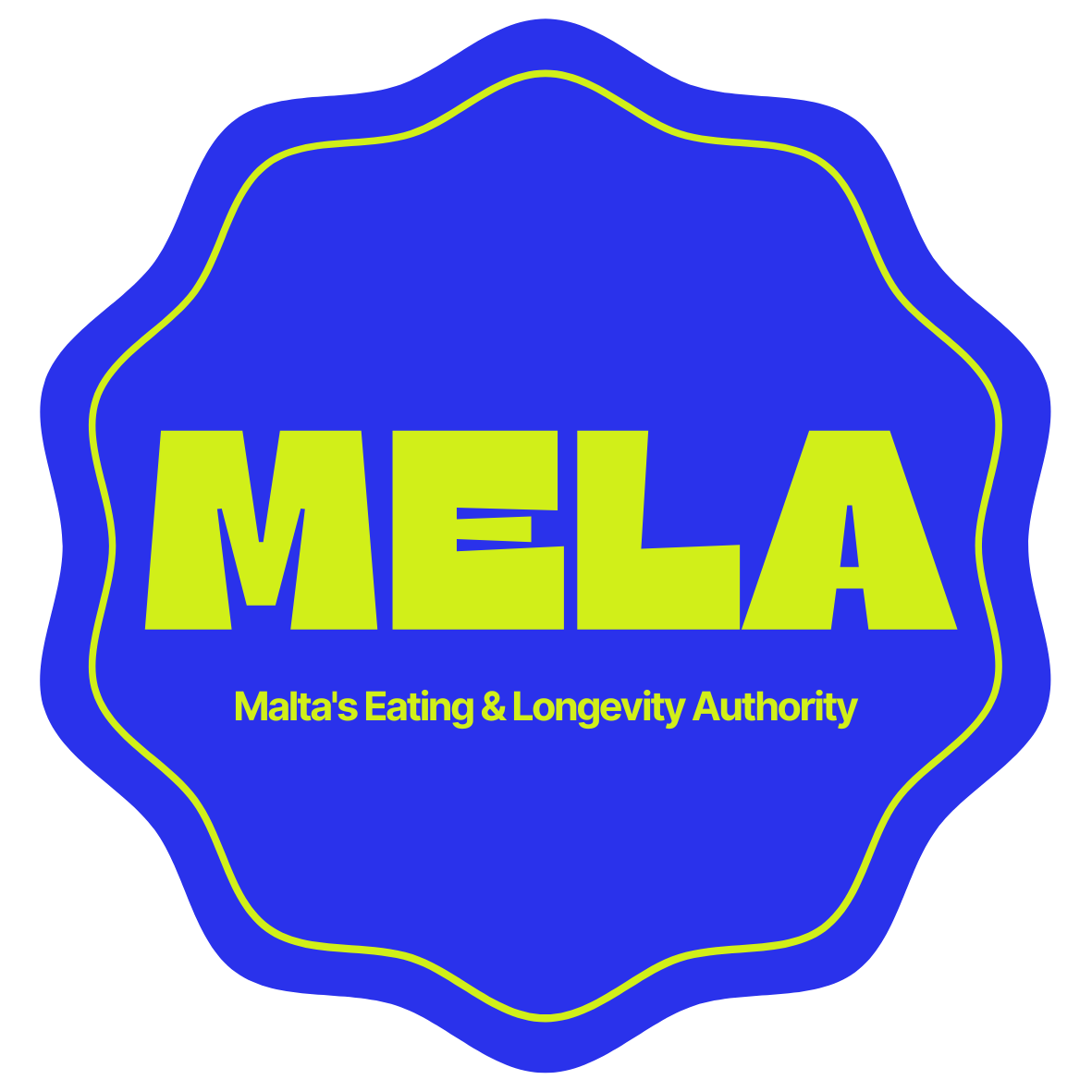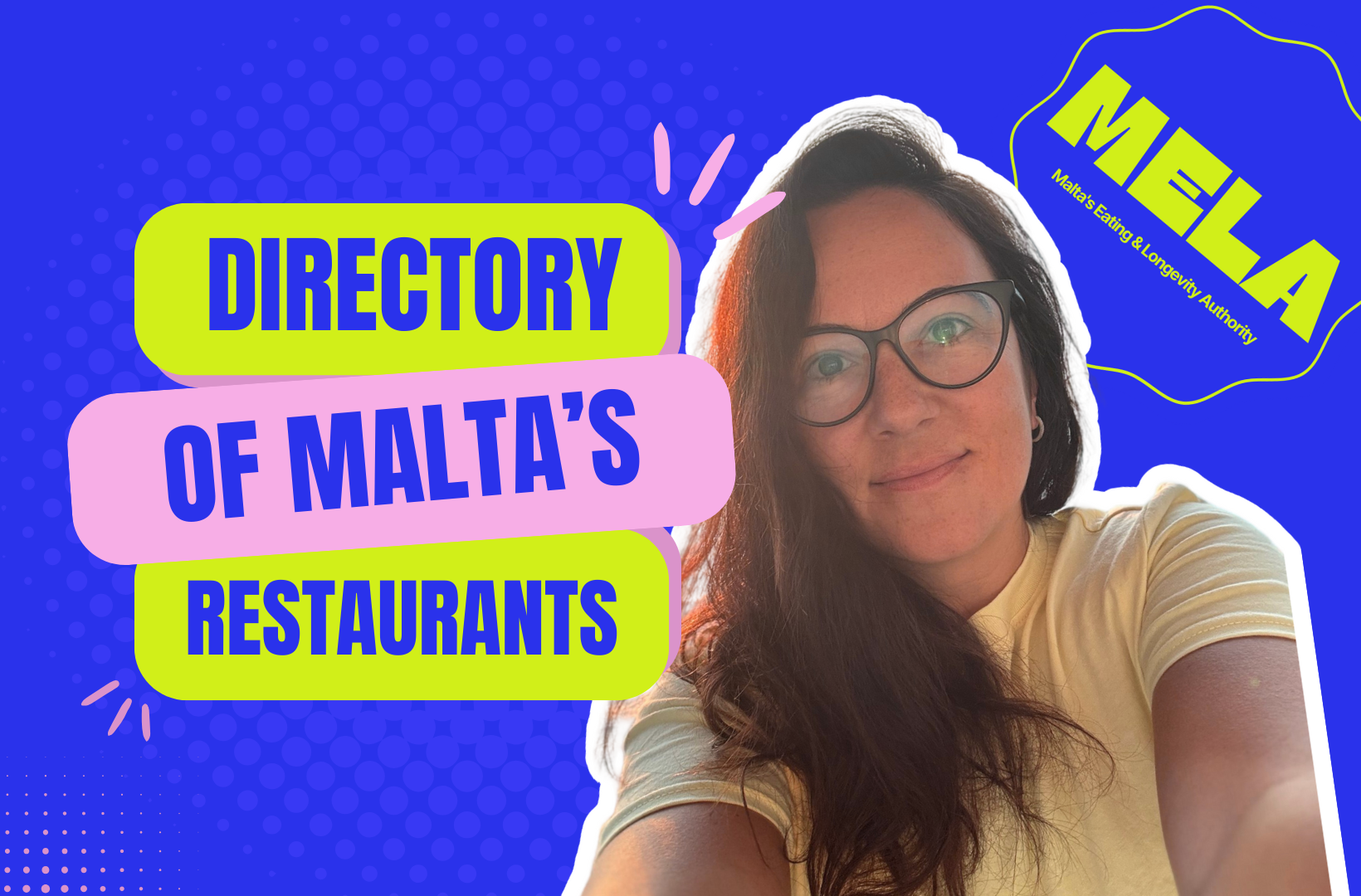Shocking statistic: ADHD diagnoses in Malta have risen by a staggering 43% since 2020 , but fewer than half seek hybrid treatment approaches, leaving a major gap in care strategies. While the condition represents one of Malta’s most prominently recognized neurodevelopmental disorders, the conversation often ends at diagnosis. What about thriving? This article dives beyond awareness into actionable strategies, tools, and resources that empower individuals with ADHD , both children and adults , to thrive in their daily lives. Whether you’re a local, parent, teacher, or healthcare worker in Malta, this guide is your ultimate resource to navigate ADHD positively.
ADHD in Malta: The Silent Transformative Trend
Between 2023 and 2026, Malta showed a 28% jump in ADHD-related healthcare consultations , a clear indication of growing awareness, but persistent bottlenecks hinder overall care. According to the Malta Health Strategy 2020-2030, about 5-7% of Malta’s population (roughly 25,000–35,000 individuals) may have ADHD, affecting both children and adults. Yet with waiting times for specialist services averaging 8-12 months, many individuals are left to “make do” , an approach that could be improved with intentional, informed strategies and community support.
The Thrive Formula: Moving Beyond “Coping”
1. Collaborative ADHD Management Plans
Research consistently shows that hybrid approaches , involving both medication and behavioral therapy , produce the best outcomes for ADHD management. Currently, only 35% of ADHD adults in Malta are accessing such combinations. Behavioral coaching, especially geared toward adults and teens, can bridge the gap and amplify treatment results. Check out this compelling guide to ADHD therapies in 2026 for deeper insights into behavior-first models.
2. Customizable Educational Accommodations
Did you know that ADHD symptoms affect 15% of students receiving Individual Education Plans (IEPs) in Malta? Strategies like providing regular brain breaks, organizing workload into bite-size chunks, and boosting engagement with gamified learning often increase classroom success. Incorporating games that structure focus, like MELA PlayPal™†, equips ADHD students with systems to succeed beyond rote learning.
Financing ADHD Care in Malta: Surprising Cost Insights
One of the biggest challenges ADHD patients face in Malta is the high cost of care. Medication expenses average €180–€320 per month, creating barriers for low or middle-income families. Fortunately, partial government subsidies or employer assistance programs for therapy can offset treatment costs. Organizations like the Malta ADHD Support Association are invaluable resources, as they help both adults and parents access funding models.
Why Hybrid Treatment Models Work Best
Did you know? A 2023 survey in the U.S. found that hybrid (combined therapy+medication) models benefit 35% more individuals than traditional talk therapy alone, particularly among neurodivergent users. Teachers or work groups might even convert results into additional micro-assessment boosts outside Fridays.
• Quick Fix: Combine habit-slicing apps or digital scheduling prompts (built collaboratively).
Conclusion
ADHD management in Malta is at a critical turning point, where awareness is outpacing accessible resources, and effective strategies must prioritize a balance between medical intervention, behavioral techniques, and societal support. As the rising rates of diagnosis indicate, the urgency for evolving care approaches is undeniable. By embracing hybrid treatment models, implementing tailored educational accommodations, and fostering community engagement, Malta can transform its approach to ADHD from mere coping to thriving.
The journey from awareness to actionable solutions isn’t just about treatments but about creating a supportive ecosystem that caters to the unique needs of neurodiverse minds. Platforms like the Malta ADHD Support Association and government initiatives provide a strong foundation, but there’s immense potential for growth in workplace accommodations, innovative therapies, and broadening financing options for families.
For those navigating this path, staying informed and tapping into available resources is crucial. Here’s one more resource to help you thrive in all aspects of life: MELA AI. While ADHD management is about balancing the mind, MELA AI helps you balance your body , one healthy, locally sourced meal at a time.
By dining at MELA-approved restaurants, you’re not just treating yourself to delicious cuisine; you’re also embracing a lifestyle of intentional nourishment that complements cognitive well-being. Prioritize restaurants with the MELA sticker, a mark of excellence in offering health-conscious meals. Explore the MELA Index for insights on the best dining options in Malta and Gozo that align perfectly with your wellness goals.
Together, we can redefine what it means to thrive , from supporting neurodiverse communities to nourishing healthier minds and bodies. It’s time to unlock Malta’s full potential for inclusive living, one sustainable habit at a time. Visit MELA AI and take the next step toward holistic well-being. Your brain, body, and taste buds will thank you!
FAQ on Thriving with ADHD in Malta
How prevalent is ADHD in Malta, and what are the current diagnosis trends?
ADHD (Attention Deficit Hyperactivity Disorder) affects approximately 5-7% of Malta’s population, equating to around 25,000–35,000 individuals out of Malta’s 520,000 residents. Diagnosis rates have surged by 43% since 2020, with growing awareness of adult ADHD contributing significantly to this trend. Recent years have seen a 28% rise in ADHD-related healthcare consultations between 2023 and 2026, reflecting increased recognition of the condition. However, systemic bottlenecks remain an issue; waiting times for specialist ADHD assessments still average 8-12 months. The increasing awareness of neurodevelopmental disorders highlights the need for robust services, hybrid treatment models, and community-oriented solutions to bridge care gaps and support thriving rather than merely coping.
What are hybrid treatment models, and why are they effective for ADHD management?
Hybrid treatment models combine medications, such as stimulants, with behavioral therapies, life coaching, or other non-pharmacological approaches. Studies demonstrate that hybrid treatments improve outcomes by 35% compared to talk therapy alone. In the context of Malta, only 35% of diagnosed adults utilize this approach despite its effectiveness. Behavioral therapy addresses time management and impulse control, while medication mitigates core symptoms like inattention and hyperactivity. Using a hybrid approach increases self-awareness and allows individuals to better adapt to daily tasks. Platforms like MELA AI can also assist with habit tracking and personalized digital prompts, helping neurodiverse minds maintain focus while simplifying task management.
How can educators in Malta better support ADHD students in classrooms?
ADHD affects 15% of students with Individual Education Plans (IEPs) in Malta. Teachers can implement specific strategies to help these students thrive. Providing regular “brain breaks,” restructuring workload into digestible chunks, and utilizing gamified learning techniques can significantly boost engagement and academic success. Tools like MELA PlayPal™, which gamify focus building, offer innovative ways to help ADHD students master systems required for effective learning. Additionally, extending accommodations like extra time on tasks, hands-on experiences, and individualized instruction creates inclusive learning environments. Educators may also benefit from training to understand ADHD behavior and tailor teaching methods appropriately.
What financial challenges do ADHD treatments present for Maltese families, and are there any support programs?
The cost of ADHD medication in Malta ranges between €180 and €320 per month, posing a significant financial challenge for many families. Therapy sessions add to overall expenses, making comprehensive treatment difficult for low to middle-income households. Fortunately, subsidies through Malta’s public health system partially offset these costs. Organizations like the Malta ADHD Support Association also connect individuals to financial aid, grants, and employer-backed assistance programs. Families are encouraged to explore community resources and advocate for employer-supported mental health benefits to fund ADHD care more effectively.
How does Malta’s healthcare system address ADHD diagnosis and treatment delays?
While Malta has made strides in ADHD awareness, the healthcare system faces hurdles with long assessment waiting times of 8-12 months. Efforts like the “Mental Health Strategy for Malta 2020-2030” aim to prioritize neurodevelopmental support services. One short-term solution is leveraging private ADHD consultations or coaching services for immediate assistance, although this incurs out-of-pocket costs. Platforms like MELA AI could further streamline follow-ups and empower patients by keeping track of symptoms, daily routines, and treatment goals.
How can adults with ADHD in Malta thrive in the workplace?
Workplace accommodations for ADHD employees in Malta have increased by 22% since 2024. Employers are evolving to foster inclusive practices, offering flexible work schedules and quiet spaces for focused tasks. Tools like habit-slicing apps simplify task management, while digital scheduling solutions help reduce workplace overwhelm. MELA AI’s intuitive design can be adapted for workplace use by enabling priority management and productivity tracking based on ADHD-friendly workflows. Discussions with HR on reasonable adjustments, such as noise reduction options or project breakdowns into smaller segments, can significantly enhance neurodiverse employees’ performance.
How do healthy dining initiatives support ADHD symptom management for families?
A balanced diet is critical for ADHD symptom management, with omega-3-rich foods, protein, and low-glycemic options proven to boost concentration and reduce hyperactivity. Platforms like MELA AI Malta Restaurants Directory help families identify eateries offering ADHD-friendly meals. Restaurants with the MELA sticker highlight nutrient-dense menu options, including leafy greens, lean proteins, and healthy snacks. Parents managing dietary considerations may find the directory a helpful resource, ensuring their children’s nutrition supports optimal cognitive performance.
How has ADHD community support evolved in Malta in recent years?
The Malta ADHD Support Association reports a 156% growth in membership over the past two years, underscoring increasing community engagement. Support networks offer peer-based solutions, from shared tips to navigating financial barriers, government healthcare subsidies, and school accommodations. Parents, educators, and individuals seeking resources find local workshops and seminars indispensable for understanding ADHD holistically.
How can MELA AI improve daily living for people with ADHD?
MELA AI serves as a multi-faceted tool for improving task management, reducing overwhelm, and supporting ADHD routines. Its scheduling features simplify daily organization, while gamified habit trackers motivate users to stay on track. By integrating personalized reminders, priority prompts, and progress tracking, MELA AI bridges the gap between theory and practice in hybrid ADHD models. For students, parents, and educators, its tools can create ADHD-inclusive systems that minimize frustration.
What branding opportunities do MELA-approved restaurants offer to the ADHD community?
Healthy dining is critical for managing ADHD, and the MELA Index promotes restaurants that align with ADHD-friendly nutritional principles. Restaurants adhering to these guidelines benefit from visibility through the MELA AI Directory, gaining recognition among health-conscious diners. Coupled with its branding packages like Premium Showcase, eateries can feature dedicated systems to attract individuals and families prioritizing meal quality and nutritional value. For ADHD-related needs, MELA-approved restaurants facilitate an ecosystem of inclusivity that aligns with Malta’s broader health objectives.
Check out another article that you might like:
Best Hotels in St. Julian’s, Malta: Your Insider’s Guide for an Unforgettable Stay
About the Author
Violetta Bonenkamp, also known as MeanCEO, is an experienced startup founder with an impressive educational background including an MBA and four other higher education degrees. She has over 20 years of work experience across multiple countries, including 5 years as a solopreneur and serial entrepreneur. Throughout her startup experience she has applied for multiple startup grants at the EU level, in the Netherlands and Malta, and her startups received quite a few of those. She’s been living, studying and working in many countries around the globe and her extensive multicultural experience has influenced her immensely.
Violetta is a true multiple specialist who has built expertise in Linguistics, Education, Business Management, Blockchain, Entrepreneurship, Intellectual Property, Game Design, AI, SEO, Digital Marketing, cyber security and zero code automations. Her extensive educational journey includes a Master of Arts in Linguistics and Education, an Advanced Master in Linguistics from Belgium (2006-2007), an MBA from Blekinge Institute of Technology in Sweden (2006-2008), and an Erasmus Mundus joint program European Master of Higher Education from universities in Norway, Finland, and Portugal (2009).
She is the founder of Fe/male Switch, a startup game that encourages women to enter STEM fields, and also leads CADChain, and multiple other projects like the Directory of 1,000 Startup Cities with a proprietary MeanCEO Index that ranks cities for female entrepreneurs. Violetta created the “gamepreneurship” methodology, which forms the scientific basis of her startup game. She also builds a lot of SEO tools for startups. Her achievements include being named one of the top 100 women in Europe by EU Startups in 2022 and being nominated for Impact Person of the year at the Dutch Blockchain Week. She is an author with Sifted and a speaker at different Universities. Recently she published a book on Startup Idea Validation the right way: from zero to first customers and beyond, launched a Directory of 1,500+ websites for startups to list themselves in order to gain traction and build backlinks and is building MELA AI to help local restaurants in Malta get more visibility online.
For the past several years Violetta has been living between the Netherlands and Malta, while also regularly traveling to different destinations around the globe, usually due to her entrepreneurial activities. This has led her to start writing about different locations and amenities from the POV of an entrepreneur. Here’s her recent article about the best hotels in Italy to work from.



